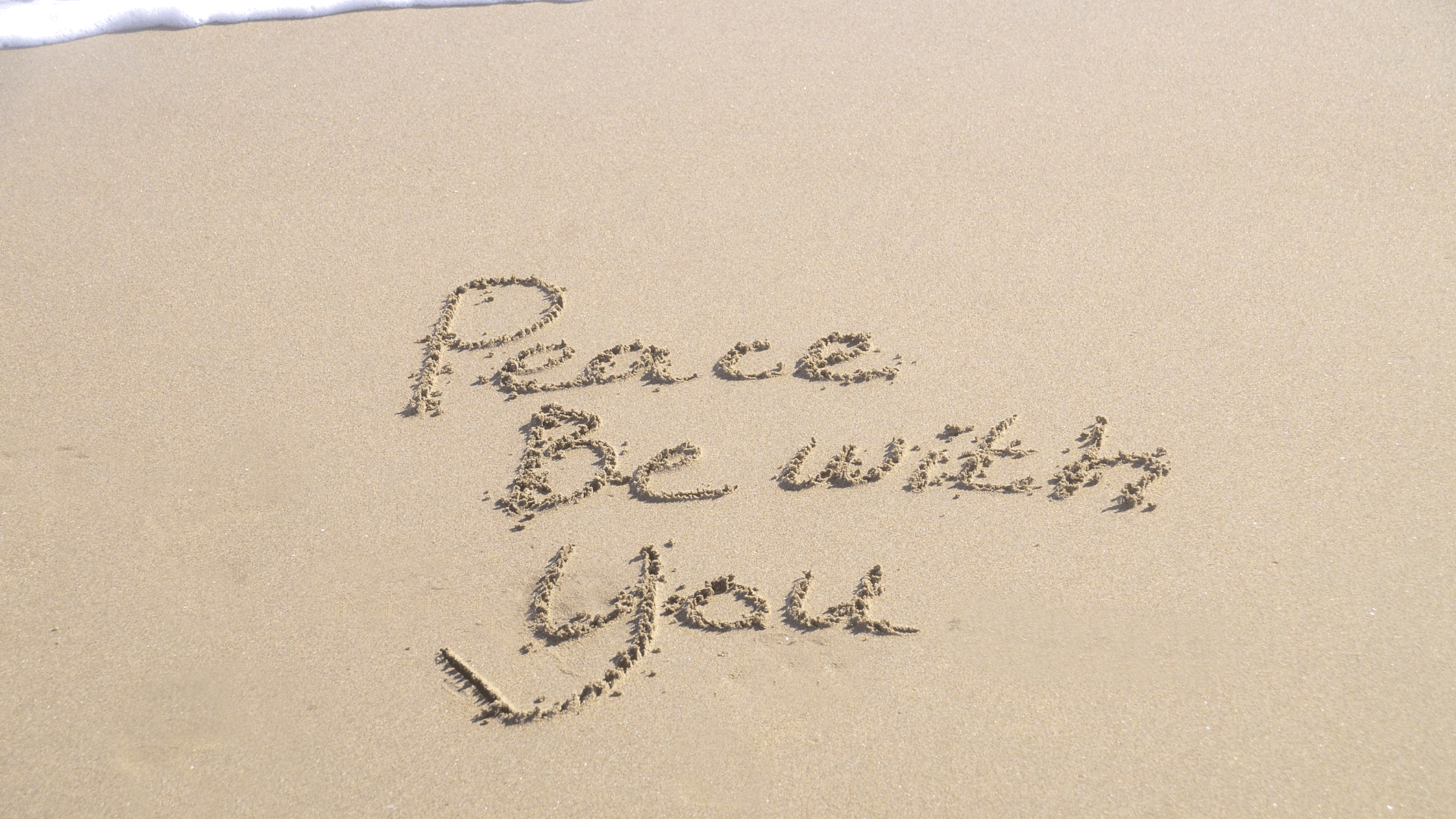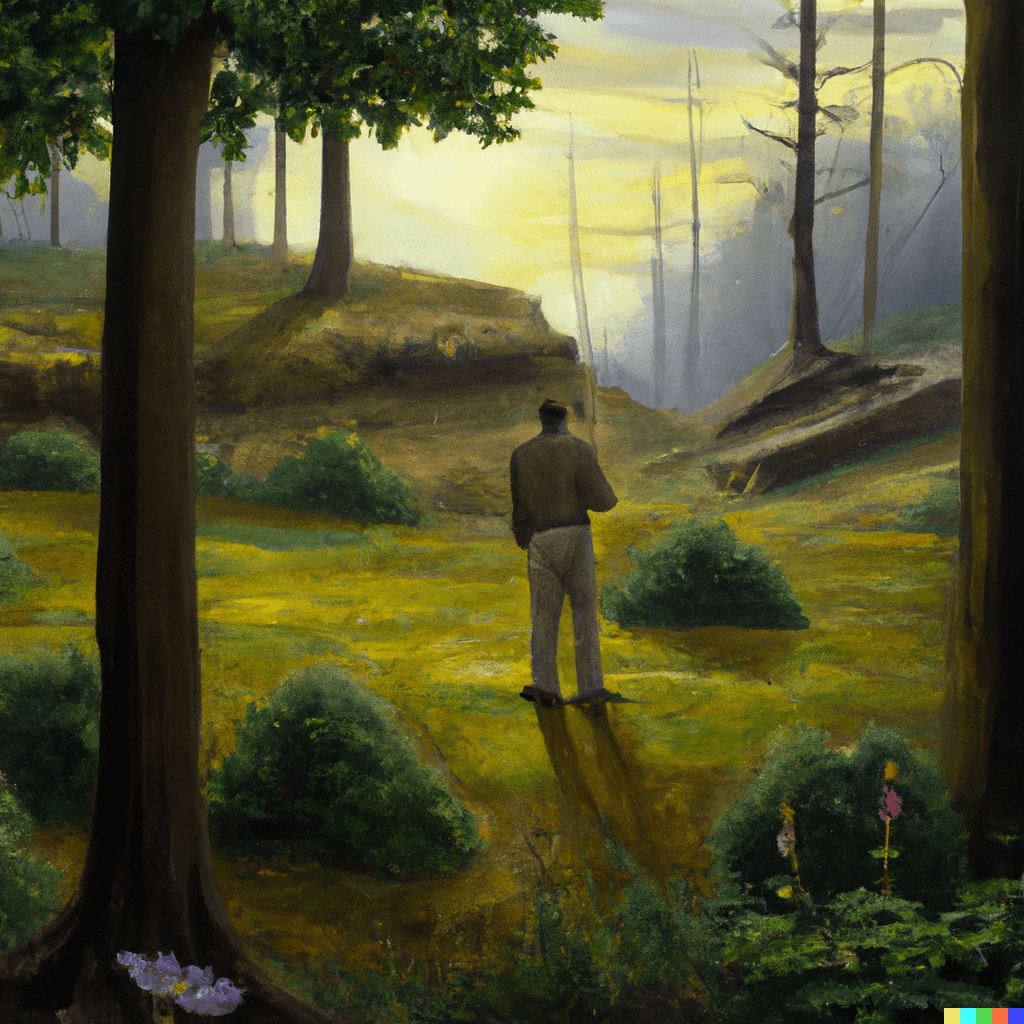What do you do when God doesn’t fix things?
What do you do when God doesn’t fix things? If you’re a believer, does that fit into your worldview?
There are lots of things I wasn’t aware of when I became a Christian. My faith was shallow, because I was just a baby in the faith. I didn’t know there were times when God doesn’t fix things. I thought if I prayed just the right kind of prayers and believed, then everything would go my way.
No. It doesn’t work that way. Right?
I made the comment the other day that the natural state of the Christian was suffering. (That statement is a great platform for church growth, right?) What I’ve come to understand, though, is that suffering doesn’t cancel out joy. What a paradox.
Fact is, sometimes God doesn’t answer, at least in the fashion we believe He should. It’s that old adage of God answers all prayers, either with yes, no, or wait.
“No” doesn’t suit us well. That means that in some cases, God doesn’t fix things, at least the way I wanted Him to.

Ancient script is full of this line of thinking. I don’t know why we gloss over 2 Corinthians 12:7-10, like this was something unique to the apostle Paul and not to us:
7 …or because of these surpassingly great revelations. Therefore, in order to keep me from becoming conceited, I was given a thorn in my flesh, a messenger of Satan, to torment me.8 Three times I pleaded with the Lord to take it away from me.9 But he said to me, “My grace is sufficient for you, for my power is made perfect in weakness.” Therefore I will boast all the more gladly about my weaknesses, so that Christ’s power may rest on me.10 That is why, for Christ’s sake, I delight in weaknesses, in insults, in hardships, in persecutions, in difficulties. For when I am weak, then I am strong.
Paul sort of answers his own question here, because God doesn’t fix things, at least in the manner he begged Him to do.
Paul prays the same prayer three times. The first time, I just bet he believed that God would deliver. That mystery thorn? One and done.
Not.
I wonder how Paul’s prayer sounded:
“Lord, I really need you to help me. I need to have this thorn dealt with and removed. It’s awful, and painful, and I’d be much more effective for You if You’d take it away. It’s satanic.”
God responds: “Sorry, pal.”
Paul gives it another shot:
”God, really. I don’t get it. Things aren’t better. They may even be worse. I feel like I’m handicapped. I don’t see how I can serve like You want me to. I’d be a much more effective leader, teacher, and friend. I know You can deal with this thing, once and for all. Can I count on You to be God and bring glory to Yourself by delivering me?”
God says, “Your prayers are noted. Carry on.”
Paul, round three:
”Almighty God, I know when Jesus died He took all our sins on Himself on the cross. If I’m in sin in some way, and that’s why You aren’t dealing with this horrific thorn, then please forgive me. I repent. I’m in such awful pain, and I don’t know how long I can go on like this. I’m begging, in Jesus’ name … heal me and take this away from me.”
And God said, “I don’t guess you get it. Here’s what you need to learn: My grace is sufficient for you, for my power is made perfect in weakness.“
Paul says, “Roger that.”
Here’s our lesson, and it’s a good one to embrace. Hard, but good. It’s what we need to learn when we think God doesn’t fix things:
- When you’re weak and in the lowest of lows, guess what – you actually are strong.
- God understands when you’re crushed by grief, when you’re about to lose it, when you’re frustrated to the max, and you are at the end of your proverbial rope.
- The transaction is for you to exchange your weakness for His strength. It’s totally okay to admit you ain’t got what it takes.
- You are part of The Plan. You may not be privy to it, but that’s okay, too. Just accept the ride.
- Here’s your word for the day: Release.
- Be well. Be blessed.






